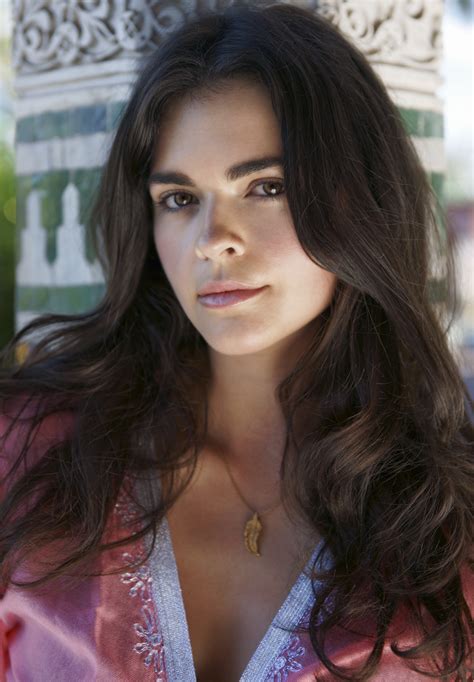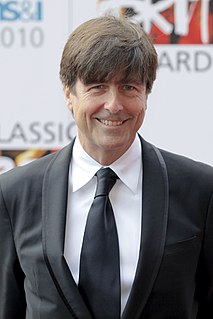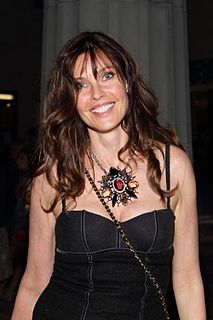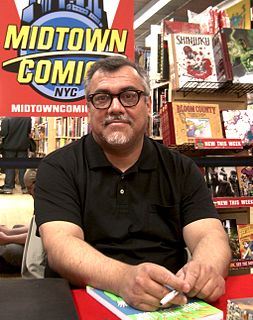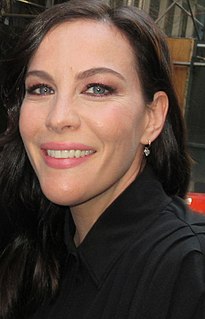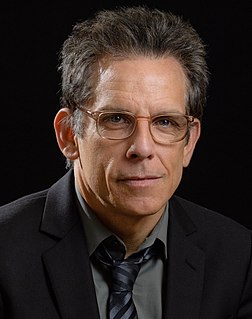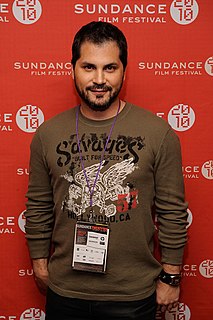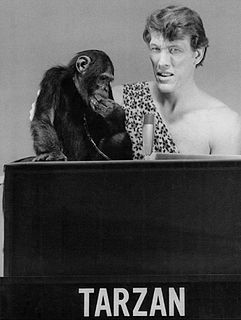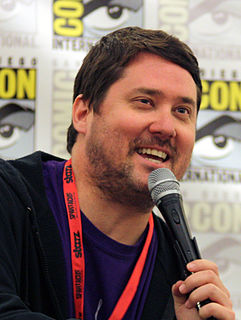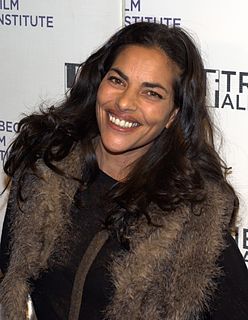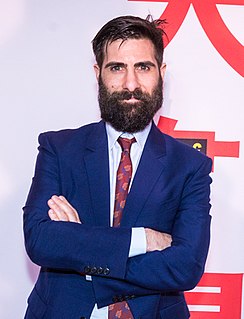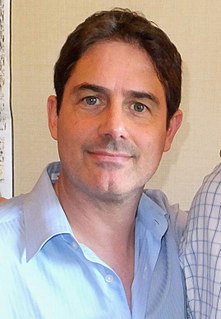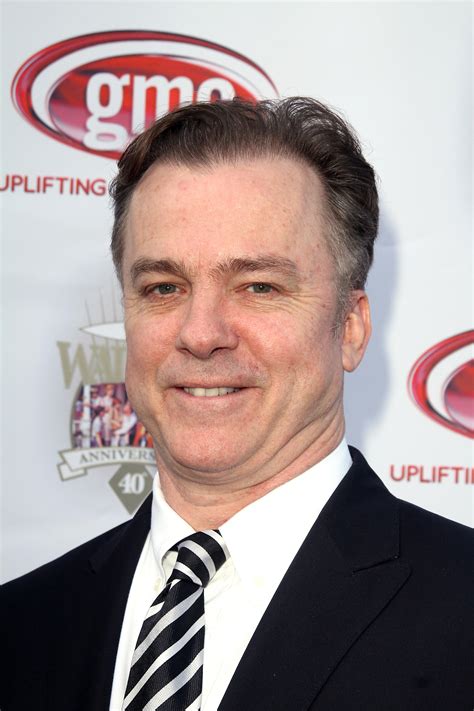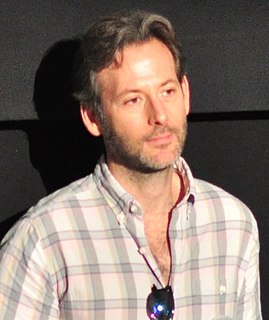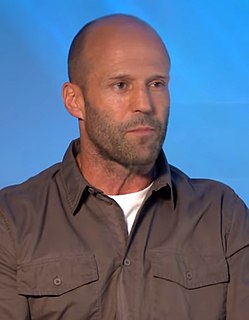Top 1200 Movie Making Quotes & Sayings - Page 14
Explore popular Movie Making quotes.
Last updated on November 15, 2024.
At that time, 73 and 74, I became aware that there were a number of us making instruments. Max Eastley was a good friend and he was making instruments, Paul Burwell and I were making instruments, Evan Parker was making instruments, and we knew Hugh Davies, who was a real pioneer of these amplified instruments.
I'm such an action movie junkie that as an action fan, because action scenes are so heightened, we could never really picture ourselves in that scene. So when you're watching an action movie, you experience an action movie more outside of the aquarium: you know you're out of the aquarium looking in at all the swimming fish that are in there.
My greatest sense comes from the experience of performing in the movie. When I have a great experience, that becomes a perfect movie. If it makes a nickel, it's still perfect. The same is true with a movie that's a bad experience. If it makes a bejillion dollars, I will hate it till the end of time.
Every movie that I do, if you analyze the stories, you can notice that in each story, that within the movie after the first 15 minutes, it could fall apart. Or every 10 minutes it has the chance that you lose the thread. On the other hand, if you succeed in putting them together, then the movie looks spontaneous and more like cinema.
Would movie moguls release a film portraying Adolph Hitler as a great benefactor of the Jews? Hardly. Would they release a movie if the black community found it to be highly disparaging? No way. You better believe these executives would also think long and hard before they released a movie offensive to American Indians, Muslims homosexuals or virtually any affinity group. Yet, to most movie industries a film which offends millions of Christians is fine and dandy.
I worked at a movie theater in Tempe, Arizona, when I went to community college there. And I got fired because a sorority had rented out a theater to watch 'Titanic,' and they were being really rude to me while they were waiting for the movie. So as I tore their tickets, I told them the end of the movie.
I do have huge pressure in terms of making my animation, because a lot of audiences and producers are expecting me to make films with a lot of action. They all know that I'm very good at action scenes, but I tend to not use many, so they're all frustrated with me. But I do that intentionally. Yes, if I do a movie with a bunch of action, it's going to be a lot more successful than the types of movies I'm making right now. The producers often say, "Instead of using all these philosophical phrases, why don't you change this into an action scene?" But I intend to continue to make these movies.
Silences enter the process of historical production at four crucial moments: the moment of fact creation (the making of sources); the moment of fact assembly (the making of archives); the moment of fact retrieval (the making of narratives); and the moment of retrospective significance (the making of history in the final instance).
It's not uncommon to hear people say that the re-entry into their lives is very hard. A lot of actors say that the hardest thing about working is not working, because you go from one of the most structured environments in the world to a place of no structure. Maybe that's why you see someone go from movie to movie to movie.
I think one of the reasons 'Gremlins' lasts and some other films don't is because I don't think the movie has a whole lot of dated things - sure, the cars, my hair, and few things here and there that date the movie - but it takes place in a sort of everytown, in a sorta non-specific time, and that gives the movie a timeless quality.
Directors typically have three choices - you do a studio movie and get a paycheck up front, you do an independent movie, which is for your heart and you don't get paid up front and probably don't make any money on it, but it hopefully goes to Sundance and is more of an art movie, and then you do TV.







